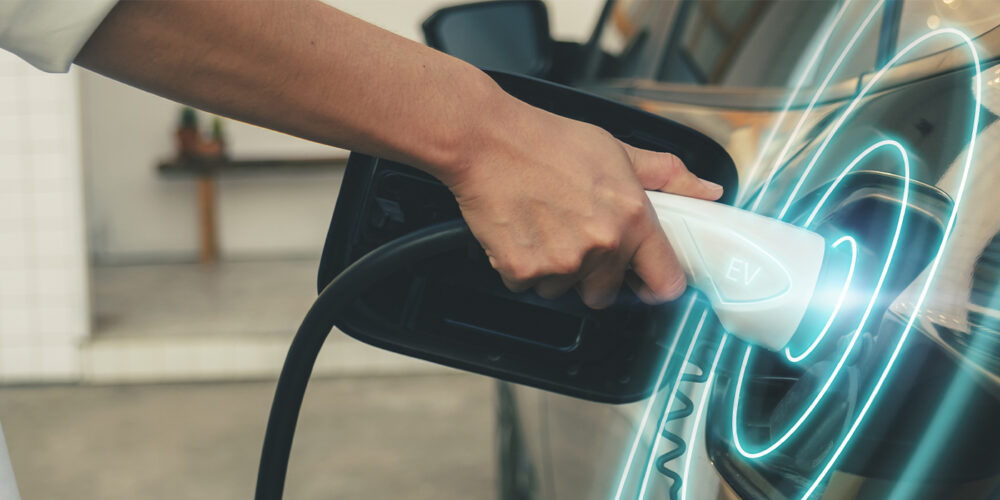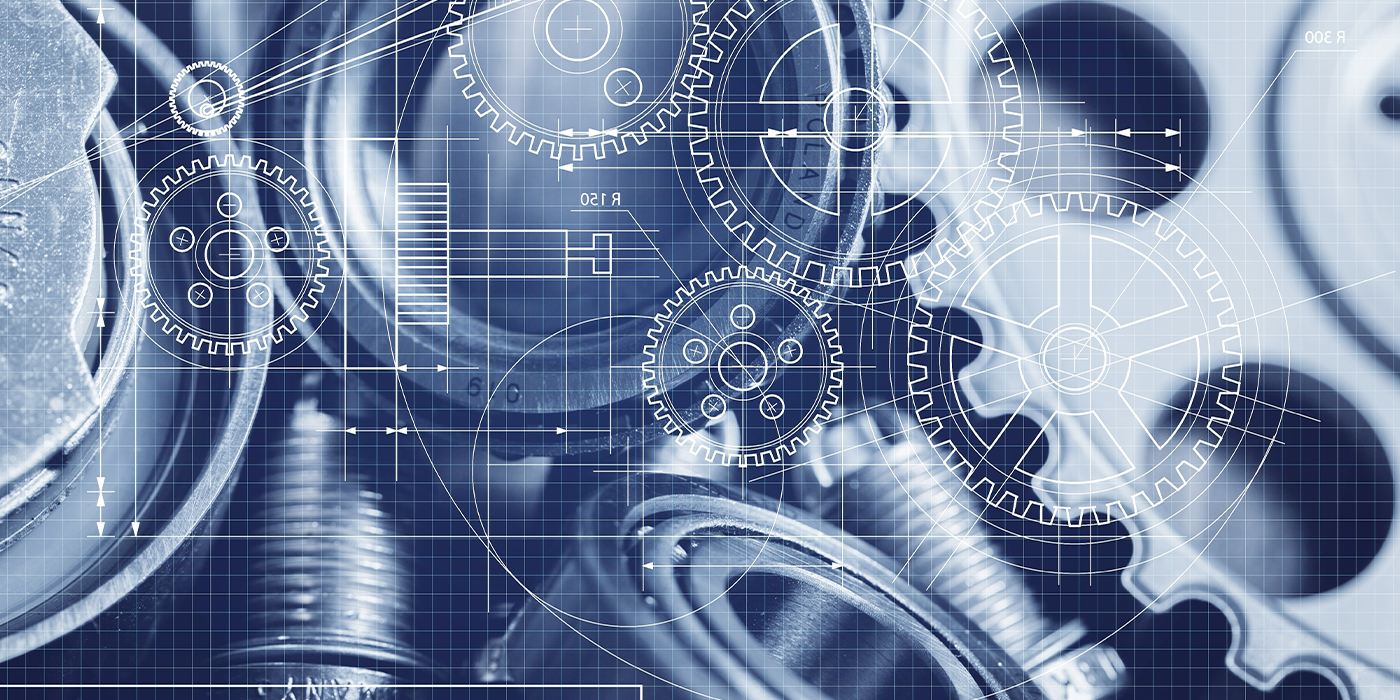Chances are, you have seen the Auto Care Association’s “Your Car, Your Data.” campaign. You may ask yourself, how does this apply to an independent shop? The key word is “data” because that is critical to be able to repair vehicles.
Data is the new electronic currency of the automotive industry. By having vehicles connected to the OEMs with wireless technology, it allows engineers and the marketing department to look at the data generated by customers long after they have left the showroom.
The data generated can be used for good, like over-the-air updates and engineering analysis of common problems. But, the connection can also be used for evil purposes, like data collection for third parties including advertising and insurance companies.
Brands like General Motors, Hyundai and Chrysler are already selling anonymous data (owner identities are hidden) to third-parties. In a recent survey by KPMG, more than 80% of auto industry executives think data will become a primary revenue source for future business models.
But there’s an even darker side. Over the past 25 years, the OBDII port has been open to most scan tools. Thanks to changes in software and telematics, the ability to connect to higher-level functions could go away. In the future, the flow of data could be restricted by telematic gatekeepers requiring technicians to apply and pay for access to open up the link at the OBDII connector.
We are just seeing the start of this with the Chrysler secure data gateway found on some newer Chrysler, Dodge and Jeep models.
In defense of automakers, they are trying to protect their investment in their data. They spend millions in testing and development to write the computer code to operate systems on the vehicle. Most of their concerns are about corporate espionage or hackers looking to take down a vehicle.
Technicians and independent shops are not competing with OEMs or hackers. We want to get the car back on the road at a price the consumer can afford. Locking out shops only means OEMS are locking out potential future buyers.














